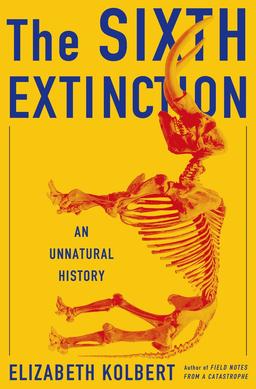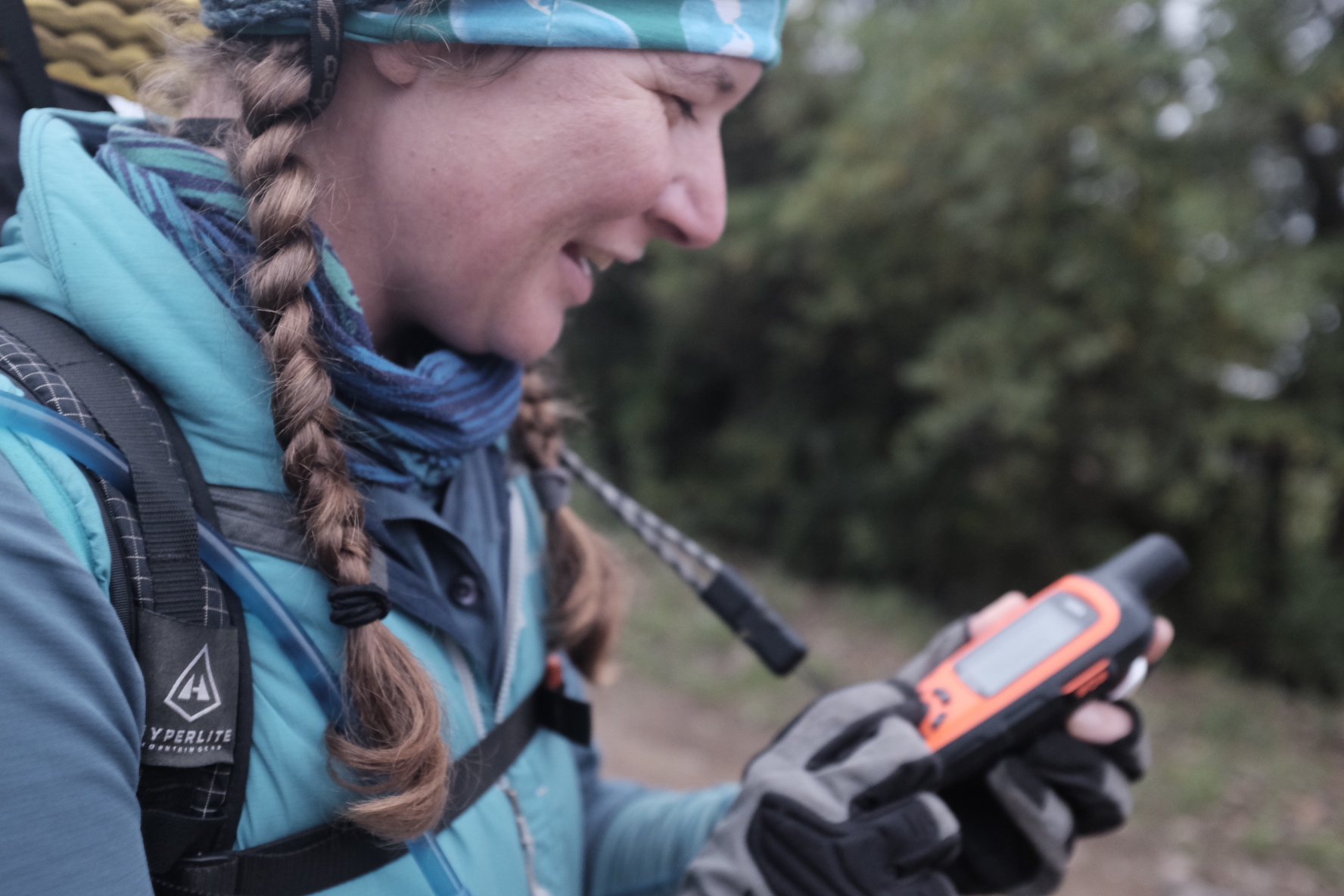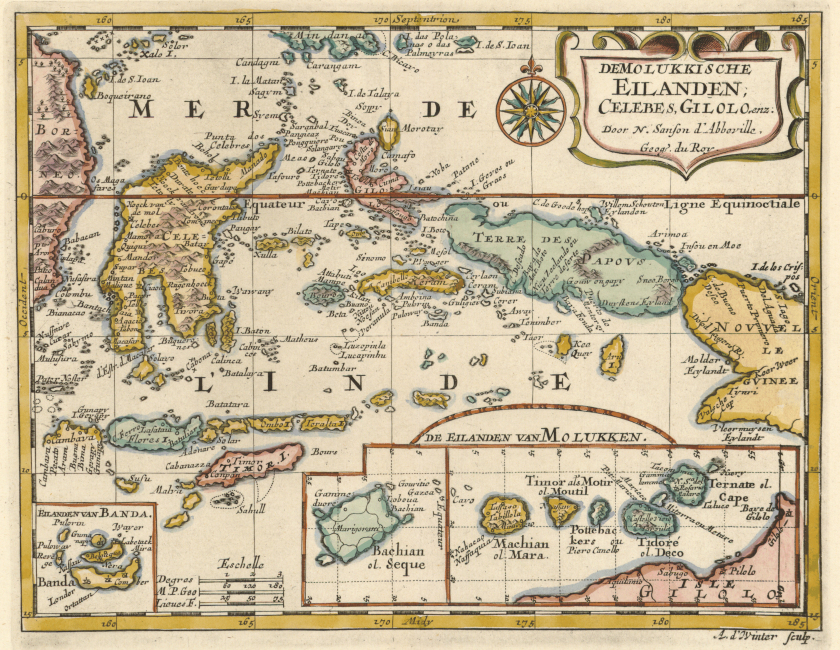Haz clic aquí para leer en español
 *Part 1 of a 2 part post*
*Part 1 of a 2 part post*
There have been explorers since the dawn of human kind. Because we are curious beings. Which is one of our defining attributes and that is both terrible and awesome. As Elizabeth Kolbert lays out while exploring Homo Sapiens’ relationship with Neanderthals in The Sixth Extinction: An Unnatural History:
Somewhere in our DNA must lie the key mutation (or, more probably, mutations) that set us apart– the mutations that make us the sort of creature that could wipe out its nearest relative, then dig up its bones and reassemble its genome.
Some of the earliest explorers embarked on balsa boats and sailed over the horizon into the unknown. Fundamentally, that is an explorer’s charge: to expand horizons. While the originals were pushing into new physical spaces, today we venture more into nuances such as how and why. A lot has changed since the ancestors set sail, one thing which has not is what it takes to see a long term project through.
These are a few:

1. You have to Contend with Mother Nature
One universal rule for explorers is, you are at the mercy of the environment. Whether an astronaut, deep sea diver, or mountaineer, one of the challenges in this line of life is adapting to survive whatever you encounter. In that, we have improved dramatically. An excerpt from Nathaniel’s Nutmeg: How One Man’s Courage Changed the Course of History, about the Spice Race of the 15th and 16th century, laid out the experience of those who sailed half way around the world:
“. . . bold and fearless men who steered their ships through such ‘greevous stormes’ that one in three was lost. The weather was not the only threat: scurvy, dysentery and the ‘bloody flux’ killed hundreds of men, and countless vessels had to be scuppered when there was no longer a crew to sail them.”
Nowadays, we have it better than that: much higher chance of overall survival, better medications, more sophisticated navigation systems, emergency response and information networks, improved materials for equipment, and the list grows ever longer. When these men set out there was a one in three chance their families would never see them again, and if they were able to be in contact, it was maybe a letter a year. We, on the other hand, mark our campsites nightly and message with friends and family on our Garmin InReach. It tracks our route points every few minutes, and we can cross reference that with our other GPS and whatever maps we might have gotten lucky enough to get our hands on.

2. You have to Sell your Dream
Another thing that is still the same is Explorers have to market their vision and therefore, sell ourselves, before we are even at the gate. Whether you were Ferdinand Magellan or a couple gals out for a long walk (Wow jeeze, Hyperlite Mountain Gear and Farm to Feet sure do RULE!), barring independent wealth, you have to peddle yourself to fund the dream. For Magellan, that meant wooing royals, this day and age it means Social Media.
From here things get convoluted. You have to have a “story,” which obtains supporters and which could, intentionally or accidentally, be wholly different than your intentions. Such as the Spice Race captain who actually took his ships and found an island on which he tried to establish his own nation until his team talked him down when they began to run out of supplies. Or today, people aiming to make a name for themselves, heavily falsify their hikes.
Fame does not come of doing what is unheard of, fame comes of making yourself a hero in a story about what people know to be impressed by. This pattern is just as true today as it was 500 years ago. Whether we’re talking about Christopher Columbus or Cheryl Strayed, they were not the first nor of the strongest integrity; they were good at making a splash. And publications, be it the movies or history books, want tagline identities.
To have staying power, motivation must be something which strikes a spark to your core. That is rarely so cut and dry as those who write headlines would like it to be. This means that, often, the first to lead or those who are driven by internal motivations are rarely those who present the story which brings ample funding streams or makes for easy-to-follow plot lines.
It is difficult, as a wee human, to hold purchase in both experiences of self-promotion and honest presence in the journey.
3) You have to be at least a little crazy Know why You are Out There
Again, as in Nathaniel’s Nutmeg, the first to venture into the unknown were doing it for their own reasons. Motivations were intangibles such as the spirit of adventure, pride of their nation, to fill in the map, or to direct a crew of salty sea dogs in Shakespeare plays and perform them on distant islands.
Obtaining tradeable goods was necessary to satisfy the merchants funding the journeys. It was the means to their own quirky ends, and fame was far less probable than death. In fact, in the Spice Race, doing it for glory did not arise until several decades and multiple cycles of voyages had gone and returned – much like with long distance trails today.

For those who remain undeterred and take a risk in pushing past the horizons of comfort, ahead lies uncertainty, fear, danger, hunger, and anonymity. For every great athlete and explorer you can name, there are thousands who will never be known or celebrated, many whom gave their lives in the pursuit.
For example Nathaniel Courthope, the namesake of Nathaniel’s Nutmeg. A man who was murdered abroad when the support his nation had promised never arrived and the rally cry for which he gave his life, like his body, was quickly lost. Yet, the spirit in which he did it, and ripples of the outcome, resulted in the America we know today.
Aventuras: lo tenemos mejor que nunca . . .
Escrito por Fidgit
Traduccion por Henry Tovar
* Parte 1 de una publicación de 2 partes *
 Han habido exploradores desde los albores de la humanidad. Porque somos seres curiosos. Cuál es uno de nuestros atributos que definen y que es terrible e impresionante. Como Elizabeth Kolbert presenta mientras explora la relación de Homo Sapiens con los neandertales en La sexta extinción: una historia antinatural:
Han habido exploradores desde los albores de la humanidad. Porque somos seres curiosos. Cuál es uno de nuestros atributos que definen y que es terrible e impresionante. Como Elizabeth Kolbert presenta mientras explora la relación de Homo Sapiens con los neandertales en La sexta extinción: una historia antinatural:
En algún lugar de nuestro ADN debe residir la mutación clave (o, más probablemente, las mutaciones) que nos distingue: las mutaciones que nos convierten en el tipo de criatura que podría aniquilar a su pariente más cercano, luego desenterrar sus huesos y volver a unir su genoma.
Algunos de los primeros exploradores se embarcaron en barcos de balsa y navegaron por el horizonte hacia lo desconocido. Fundamentalmente, esa es una carga del explorador: expandir horizontes. Mientras los originales avanzaban hacia nuevos espacios físicos, hoy nos aventuramos más en matices como cómo y por qué. Mucho ha cambiado desde que los antepasados zarparon, una cosa que no tiene es lo que se necesita para ver un proyecto a largo plazo.
Estos son algunos:

1. Tienes que competir con la madre naturaleza
Una regla universal para los exploradores es que estás a merced del medio ambiente. Ya sea un astronauta, un buzo de aguas profundas o un alpinista, uno de los desafíos de esta línea de vida es adaptarse para sobrevivir cualquier cosa que encuentre. En eso, hemos mejorado dramáticamente. Un extracto de Nathaniel’s Nutmeg: Cómo el coraje de un hombre cambió el curso de la historia, sobre la carrera de las especias del siglo 15 y 16, expuso la experiencia de aquellos que navegaron por la mitad del mundo:
“… hombres audaces e intrépidos que guiaban sus barcos a través de tales ‘stormes salvajes’ que uno de cada tres se perdía. El clima no era la única amenaza: el escorbuto, la disentería y el ‘flujo sangriento’ mataron a cientos de hombres e innumerables buques tuvo que ser tapado cuando ya no había una tripulación para navegar con ellos. “
Hoy en día, lo tenemos mejor que eso: muchas más posibilidades de supervivencia general, mejores medicamentos, sistemas de navegación más sofisticados, redes de respuesta e información de emergencia, materiales mejorados para equipos, y la lista crece cada vez más. Cuando estos hombres partieron, había una probabilidad de uno en tres de que sus familias nunca volverían a verlos, y si podían estar en contacto, era tal vez una carta al año. Nosotros, por otro lado, marcamos nuestro campamentos todas las noches y mensajes con amigos y familiares en nuestro Garmin InReach. Realiza un seguimiento de nuestros puntos de ruta cada pocos minutos, y podemos hacer una referencia cruzada con nuestros otros GPS y con los mapas que hubiéramos tenido la suerte de tener en nuestras manos.

2. Tienes que vender tu sueño
Otra cosa que sigue siendo lo mismo es que los Exploradores tienen que comercializar su visión y, por lo tanto, vendernos, incluso antes de que lleguemos a la puerta. Ya sea que fuera Ferdinand Magellan o un par de chicas para dar un largo paseo (Wow jeeze, Hyperlite Mountain Gear y Farm to Feet seguro que REGLA!), Salvo la riqueza independiente, tiene que venderse para financiar el sueño. Para Magellan, eso significa cortejar a la realeza, hoy en día significa medios sociales.
Desde aquí las cosas se complican. Tienes que tener una “historia” que obtenga seguidores y que, de forma intencional o accidental, sea completamente diferente a tus intenciones. Como el capitán de la Raza de las Especias que en realidad tomó sus barcos y encontró una isla en la que trató de establecer su propia nación hasta que su equipo lo convenció cuando comenzaron a quedarse sin suministros. O hoy, las personas que buscan hacerse un nombre por sí mismas, falsifican en gran medida sus alzas.
La fama no viene de hacer lo que es inaudito, la fama viene de convertirte en un héroe en una historia sobre lo que las personas saben que les impresiona. Este patrón es tan cierto hoy como lo fue hace 500 años. Ya sea que estemos hablando de Christopher Columbus o Cheryl Strayed, ellos no fueron los primeros ni de la integridad más fuerte; eran buenos para hacer un chapoteo. Y las publicaciones, ya sean películas o libros de historia, quieren identidades de lema.
Para tener poder de permanencia, la motivación debe ser algo que incite una chispa en tu núcleo. Rara vez es tan cortante y seco como les gustaría a los que escriben titulares. Esto significa que, a menudo, los primeros en dirigir o los motivados por motivaciones internas raramente son los que presentan la historia que aporta amplios flujos de financiación o hace que las líneas argumentales sean fáciles de seguir.
Es difícil, como humano pequeño, mantener la compra en ambas experiencias de autopromoción y presencia honesta en el viaje.
3) Tienes que estar un poco loco, al menos, saber por qué estás ahí fuera
De nuevo, como en Nutmeg de Nathaniel, los primeros en aventurarse en lo desconocido lo hacían por sus propios motivos. Las motivaciones eran intangibles, como el espíritu de aventura, el orgullo de su nación, para completar el mapa, o para dirigir a un grupo de perros marinos salados en obras de Shakespeare y realizarlos en islas distantes.
La obtención de bienes transables era necesaria para satisfacer a los comerciantes que financiaban los viajes. Era el medio para sus propios fines peculiares, y la fama era mucho menos probable que la muerte. De hecho, en la Spice Race, hacerlo por la gloria no surgió hasta varias décadas y varios ciclos de viajes se habían ido y regresado, al igual que hoy en día con los recorridos de larga distancia.

Para aquellos que permanecen inamovibles y corren el riesgo de superar los horizontes de la comodidad, por delante está la incertidumbre, el miedo, el peligro, el hambre y el anonimato. Por cada gran atleta y explorador que pueda nombrar, hay miles que nunca serán conocidos o celebrados, muchos que dieron sus vidas en la búsqueda.
Por ejemplo, Nathaniel Courthope, el tocayo de Nathaniel’s Nutmeg. Un hombre que fue asesinado en el extranjero cuando el apoyo que su nación le había prometido nunca llegó y el clamor por el que dio su vida, como su cuerpo, se perdió rápidamente. Sin embargo, el espíritu con el que lo hizo, y las ondas del resultado, dieron como resultado la América que conocemos hoy.






Comments (2)
love this line: To have staying power a motivation must be something which strikes a spark to your core. That in itself is rarely so cut and dry as those who have to write headlines would like. This means the first to lead or who are driven by internal motivations rarely present the story which put financial stresses at ease or makes for easily followable plot lines.
It is difficult, as a wee human, to hold purchase in both experiences of self promotion and honest presence in the journey.
Pingback: Adventuring: . . . Sometimes it Sucks – Her Odyssey